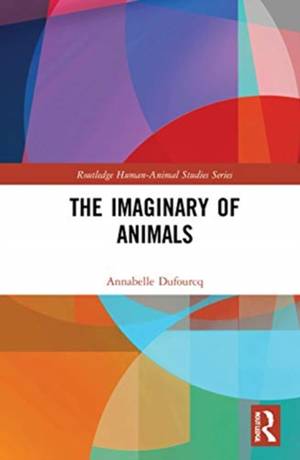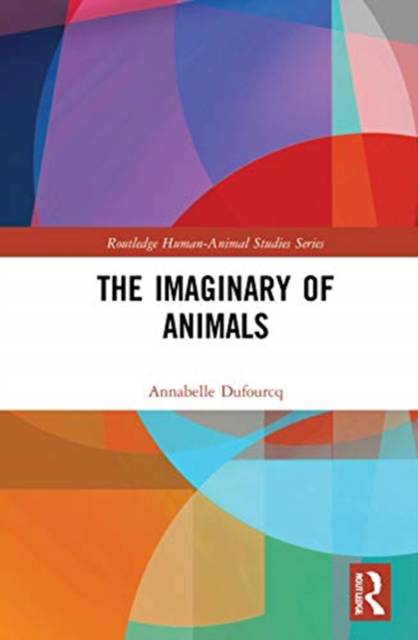
- Afhalen na 1 uur in een winkel met voorraad
- Gratis thuislevering in België vanaf € 30
- Ruim aanbod met 7 miljoen producten
- Afhalen na 1 uur in een winkel met voorraad
- Gratis thuislevering in België vanaf € 30
- Ruim aanbod met 7 miljoen producten
Omschrijving
This book explores the phenomenon of animal imagination and its profound power over the human imagination. It examines the structural and ethical role that the human imagination must play to provide an interface between humans' subjectivity and the real cognitive capacities of animals.
The book offers a systematic study of the increasing importance of the metaphors, the virtual, and figures in contemporary animal studies. It explores human-animal and real-imaginary dichotomies, revealing them to be the source of oppressive cultural structures. Through an analysis of creative, playful and theatric enactments and mimicry of animal behaviors and communication, the book establishes that human imagination is based on animal imagination. This helps redefine our traditional knowledge about animals and presents new practices and ethical concerns in regard to the animals. The book strongly contends that allowing imagination to play a role in our relation to animals will lead to the development of a more empathetic approach towards them.
Drawing on works in phenomenology, contemporary animal philosophy, as well as ethological evidence and biosemiotics, this book is the first to rethink the traditional philosophical concepts of imagination, images, the imaginary, and reality in the light of a zoocentric perspective. It will appeal to philosophers, scholars and students in the field of animal studies, as well as anyone interested in human and non-human imaginations.
Specificaties
Betrokkenen
- Auteur(s):
- Uitgeverij:
Inhoud
- Aantal bladzijden:
- 272
- Taal:
- Engels
- Reeks:
Eigenschappen
- Productcode (EAN):
- 9780367772970
- Verschijningsdatum:
- 30/07/2021
- Uitvoering:
- Hardcover
- Formaat:
- Genaaid
- Afmetingen:
- 157 mm x 236 mm
- Gewicht:
- 498 g

Alleen bij Standaard Boekhandel
Beoordelingen
We publiceren alleen reviews die voldoen aan de voorwaarden voor reviews. Bekijk onze voorwaarden voor reviews.











